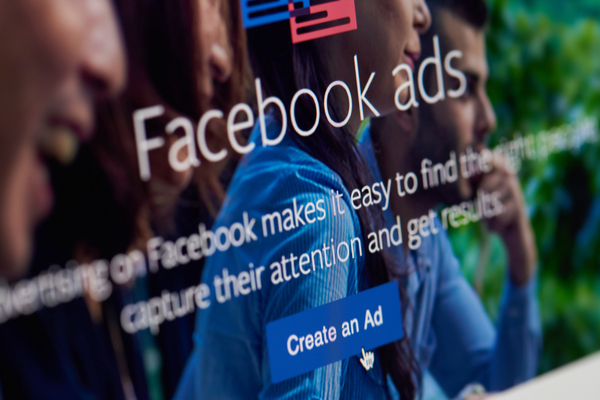Political campaigners and candidates running Facebook ads about the upcoming European elections will need to undergo strict checks for the first time as part of the social network’s efforts to combat foreign interference. The social media giant will ask anyone running ads relating to the European Parliament elections in May to provide documentary evidence of their identity and location. They will need to be “authorized in their country” to run ads about the election.
Facebook originally announced the European ad tools in January, and said on Thursday that it plans to roll the system out in April. The elections are due to take place on different dates through the EU toward the end of May.
Facebook said it would check advertisers’ information through a combination of automated tech and reports from users, but didn’t go into further detail about how this would reliably work in practice. The new system includes ads relating to hot-button campaign issues such as immigration, not just those about political parties and candidates. The company will also archive all ads relating to the elections and campaign issues in a dedicated, searchable library which will display information about the advertiser, their location, and how much they paid for the ad.
EU officials originally criticized the company back in January for not rolling out systems to tackle disinformation fast enough, but then later praised them for rapidly making the tools operational before the election. And just in time, too, as experts have warned that this could be Europe’s most hackable election to date.
Former NATO Secretary-General Anders Fogh Rasmussen has gone on the record, warning that Russia, China and even Iran could all meddle in the upcoming elections, which have become more and more vulnerable to foreign interference in the last 40 years. “It’s not an ideological war from Russia, it’s not a left-wing or right-wing oriented campaign, but the campaign aims at undermining trust and confidence and initiates chaos and instability,” stated Rasmussen.
European Council chief Donald Tusk later warned in May of foreign interference, though he didn’t specifically name Russia. “There are external anti-European forces which are seeking — openly or secretly — to influence the democratic choices of the Europeans, as was the case with Brexit and a number of election campaigns across Europe.”
Facebook has already launched similar efforts to make political ads more transparent in the UK, Brazil, the US, India, and Ukraine.
—
Photo Credit: PixieMe / Shutterstock.com
